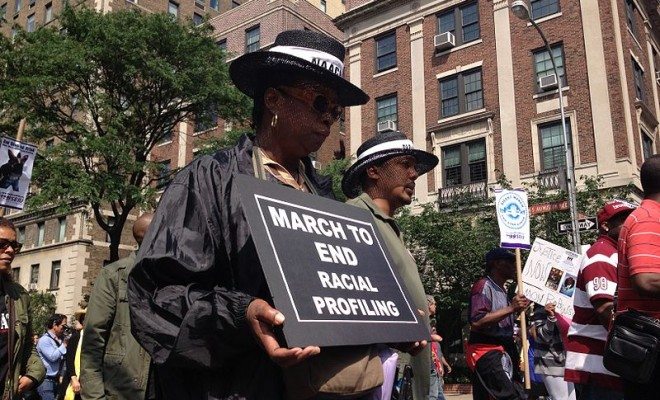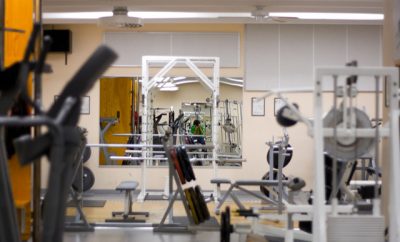
Society and Culture
Profiling
I want to begin by saying that the law is not perfect. It can’t be. It is created by human beings, written by human beings, interpreted by human beings, and ultimately enforced by human beings. It’s important to begin with this premise because, I think, it helps one understand that the law allows for mistakes. It allows police officers to get it wrong sometimes. But that is no balm to the individuals whose fundamental human dignity is diminished due to racial profiling.
This post comes on the heels of news out of Rochester, New York. Three young, African American male students were standing on the sidewalk waiting. They ended up being arrested by the police after they were “told to disperse.” The police report claimed that the boys were blocking pedestrian traffic and preventing free passage of citizens walking by and attempting to enter a nearby store. Well, loitering in many places is illegal. Could these young men have been waiting to assault someone? Were they members of some young gang of hoodlums?
Actually, they were just three young boys waiting at a designated location for a school bus to pick them up and take them to a basketball scrimmage. Their adult coach arrived just as the boys were being handcuffed, and he was also threatened with arrest. Members of the Rochester school board have spoken out and are calling for charges to be dropped immediately.
It seems we can add “standing on the sidewalk and waiting for someone or something” to the list of things young Black males just can’t do. Already on that list was walking home from a store at night wearing a hoodie, and walking either too fast or too slow through either a really nice neighborhood or a “high crime” neighborhood. What this case boils down to is racial profiling. The essence of the phenomenon is police suspecting or actually creating illegal activity based on perfectly legal actions that just-so-happened to be performed by minorities. “Driving while Black” is a familiar form.
According to the Racial Profiling Data Collection Resource Center at Northeastern University, more than twenty states have passed legislation banning or requiring the jurisdiction to collect data on law enforcement stops or searches. But racial profiling comes in many forms. It may just come in the form of an officer questioning more young Latino men on the street than young White men in Los Angeles. It might come in the form of an officer who is inclined to pull over a young, Black male driving a nice car in a not-so-nice neighborhood. If these stops never lead to formal arrest or formal prosecution, they often never get even local, let alone national, attention. But those acts are no less profiling and no less abusive to the individuals stopped.
In the experience of many minorities, it goes without saying that law enforcement respond and act differently in assessing the suspicion of a person of color. Many news stories and examples illustrate this point.
This video for example:
Or this video:
The second video is telling in just how disparate the reactions of the general population are when the same acts are committed by individuals of different races. The young White boy is questioned far less often than the Black boy. In fact, people seem to deputize themselves and feel a sense of urgency to thwart crime when they see the Black person attempting to remove the bike. Indeed, it seems that if you are a White female, most people might actually assist you in whatever activity you seem to be doing. I guess next time I need to move or paint my apartment I’ll disguise myself as a White woman.
This implicit racial bias exists in the subconscious of us all. The idea that it wouldn’t also manifest itself in the decisions of law enforcement is laughable. However, what always astonishes me is when the calm, logical, legal explanations are utterly ignored by law enforcement seemingly so bent on finding crime where none exists.This is bound to foster a feeling of inherent criminality in many poorer, minority communities that is demeaning to one’s spirit and degrading to one’s dignity.
In the future, I know not to stand on the sidewalk too long lest I be arrested.
There go my plans for a lemonade stand this summer.
—
Featured image courtesy of [longislandwins via Flickr]








Comments